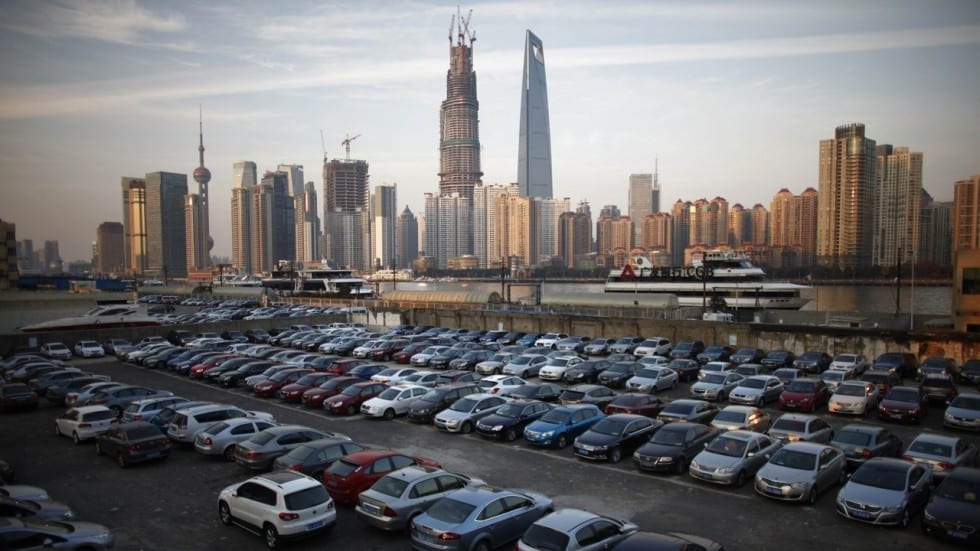
Warburg Pincus, one of the largest investors in China’s commercial and industrial real estate, has found its next pot of gold amid the country’s property market, as residential assets succumb to a year-long government campaign to cool prices.
The New York-based private equity firm said it is investing 1.5 billion yuan (US$227 million) into Sunsea Parking together with Warburg-backed Red Star Macalline, the largest furniture retail chain in China.
The partnership would transfer the operational rights of 300,000 parking spaces at Red Star Macalline’s malls in China to Sunsea, while the parking operator would use the proceeds to buy the rights to manage another 35,000 to 40,000 spaces, according to a statement.
“The number of China’s private passenger cars is growing at an annual rate of 10 per cent and the country has become the largest market in the world. But the number of parking spaces lags far behind the demand,” said Joseph Gagnon, managing director and head of Asia real estate at Warburg Pincus. “Beijing’s parking spaces to car ratio is just one third of Hong Kong’s.”
According to a Bain & Company report, every car in Beijing and Shenzhen has 0.4 registered parking spaces, compared to 1.3 in Manhattan and 2.5 in central and western US.
Other oft-cited data from China’s National Development and Reform Commission estimates there is a 50 million gap in the number of spaces in China. In Beijing alone, the gap was 3.55 million by 2016.
The Bain survey showed 60 per cent of China’s drivers said they had difficulties finding a parking space in urban central areas, and the same number take more than five minutes to find a spot.
It estimated that parking fees collected in China’s first and second-tier cities will grow by an average 13 per cent during 2016-2021, to 780 billion yuan (US$118 billion).
“Car parks as an asset class is currently underestimated,” said Yan Liang, chairman of the Sunsea Parking Group.
“The asset owns both the characteristics of real estate and financial products, which could potentially be the underlying asset of Reits.
“More and more commercial properties are shifting from a sale model to leasing model (in terms of car parks), which involve more management, and there is huge potential for efficiency improvements and cost cutting.”
Sunsea Parking now operates nearly 200,000 parking spaces across 40 Chinese cities and according to Red Star Macalline, its revenue from those increased by an average 50 per cent after Sunsea took control, which is why Red Star Macalline decided to invest in it, and hand over their management.
Yan, the chairman of Sunsea, said rare foreign capital had been tapping into China’s parking space industry because few spaces carry independent, clear cut property rights, and are sporadically located, creating hurdles for management.
“Clearly the value is underestimated. You see attached parking spaces can be sold for 5,000 yuan per sq m, while the whole flat is sold for 50,000 yuan per sq m,” said Yan.
Cao Wenwei,,CEO of Limetree Capial, a US dollar private equity firm, which had invested in parking spaces, said what interests investors most is they can provide a steady cash-flow to develop financial products, for example asset securitisation.

